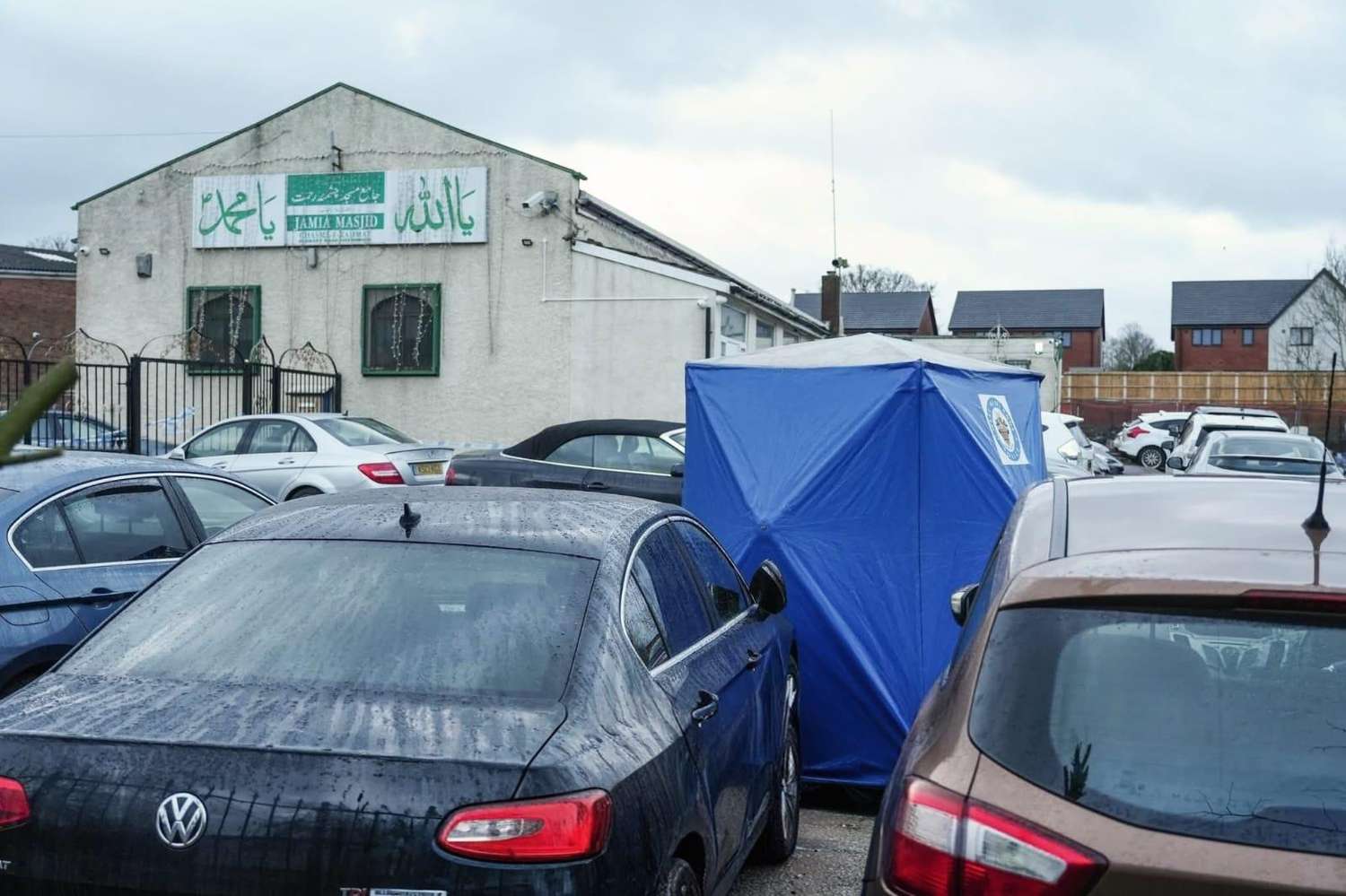The diplomatic relationship between the United Kingdom and Bangladesh spans 53 years, dating back to February 4, 1972. This partnership, forged in the aftermath of Bangladesh's Liberation War, remains a cornerstone of bilateral cooperation, enriched by shared history, mutual respect, and a vision for sustainable development.
Historical Significance
The UK played a pivotal role during Bangladesh's struggle for independence in 1971. Before, during, and after the Liberation War, the UK provided significant humanitarian support, demonstrating a commitment to the emergence of a new nation. Public sentiment in the UK resonated with the aspirations of the Bangladeshi people, laying the foundation for a unique and enduring bond.
In the mid-1970s, as Bangladesh began its journey as a sovereign state, the UK diversified its bilateral cooperation. This included supporting capacity-building initiatives for Bangladesh’s military, police, and civil service. A notable example is the establishment of the Military Staff College in Savar in 1977. Visits by British leaders, such as Prime Minister James Callaghan in 1978 and Queen Elizabeth II in 1983, symbolized the strengthening ties.
Community Ties and Cultural Exchange
The Bangladeshi diaspora in the UK, now numbering over 600,000, serves as a vibrant bridge between the two nations. Over the decades, these communities have become integral to British society, contributing significantly to sectors like healthcare, education, business, and culture. Their success stories exemplify the deep integration of Bangladeshi heritage into British life.
The visits of British dignitaries, including the Prince of Wales, Princess Royal, and Prime Ministers such as John Major, Tony Blair, and David Cameron, have further reinforced these ties. Their acknowledgment of Bangladesh's remarkable transformation from one of the world's poorest nations to one of the fastest-growing economies has been both inspiring and commendable.
Achievements and Contemporary Dynamics
Bangladesh's rise on the global stage is noteworthy. From becoming the world's second-largest apparel exporter to playing a critical role in UN peacekeeping missions and championing climate action, the country has transformed its global image. The UK has been a steadfast ally in this journey, offering development assistance and fostering partnerships in trade, education, and defense.
Trade and investment remain vital pillars of the relationship. The UK is one of Bangladesh's top export destinations, primarily for ready-made garments. Conversely, British investment in Bangladesh is growing, particularly in sectors like energy, education, and technology.
Future Prospects
As both nations look ahead, their relationship is poised to evolve into a more modern and dynamic partnership. Key areas of collaboration include:
1. Trade and Investment:
The post-Brexit UK seeks new trading partners, and Bangladesh's growing economy offers immense potential. Exploring opportunities in technology, green energy, and infrastructure development can deepen economic ties.
2. Education and Skills Development:
British universities and institutions can play a significant role in enhancing Bangladesh’s human capital. Initiatives like scholarships, exchange programs, and research collaborations can enrich both societies.
3. Climate Action and Sustainability:
As a global leader in climate advocacy, Bangladesh can collaborate with the UK to address climate change. Joint projects in renewable energy, disaster management, and sustainable agriculture can create long-term impacts.
4. Cultural Exchange and Tourism:
Leveraging shared heritage and cultural affinities can strengthen people-to-people connections. Promoting tourism and cultural events can boost mutual understanding and economic benefits.
5. Defense and Security:
Building on past cooperation, the UK can support Bangladesh in modernizing its defense capabilities and addressing regional security challenges.
Conclusion
The UK-Bangladesh relationship is a testament to the power of shared values, history, and aspirations. Rooted in mutual respect and trust, this partnership has the potential to redefine itself for the 21st century, addressing global challenges and seizing opportunities for mutual growth.
As we celebrate over five decades of friendship, the vision for the future is clear: a stronger, deeper, and more resilient bond that benefits both nations and inspires the world.
Bridging the legacy of history with the promise of the future, the UK and Bangladesh stand united in their commitment to a prosperous, peaceful, and sustainable world.
--
Writer: AKM Sayedad Hossain
Executive Director (International Institute of Global Studies)








.svg)


